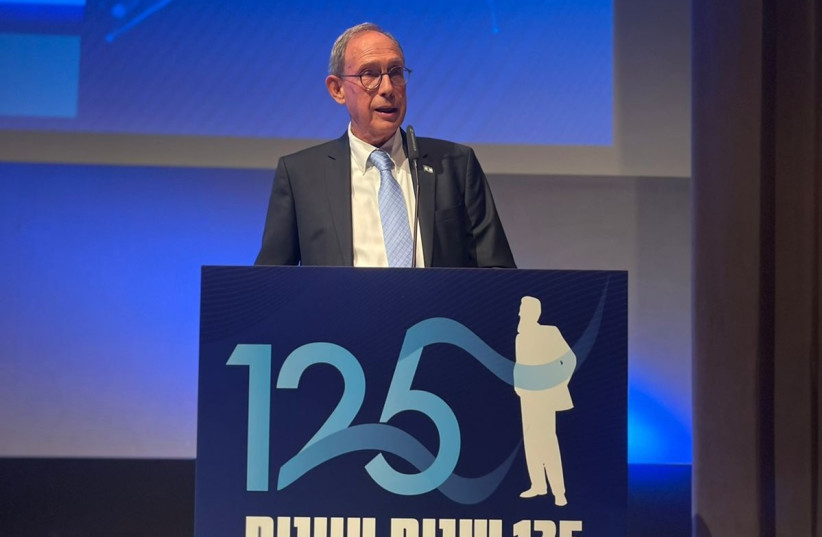Concerned that progressive values widely held by American Jews were fueling growing skepticism about the Jewish state, the Israeli government launched an unprecedented plan to counter the trend, according to internal documents obtained by the Israeli watchdog newsroom Shomrim.
The documents reveal a $2.3 million partnership between Israel’s Diaspora Affairs Ministry and the Reform and Conservative movements in the United States focused on pro-Israel advocacy among young and liberal American Jews.
Shomrim’s Uri Blau reported that the fate of the plan is uncertain following Israel’s recent election, which saw major gains for the far right, including a politician who has called Reform Judaism a “fake religion.”
With negotiations among political factions underway, the final shape of the country’s next government has not yet been determined, but the various scenarios on the table have made many American Jews uneasy because of the racism and homophobia espoused by some of those who were elected. Reform leaders have said Israel’s democracy is in peril.
A government that includes ultranationalists “will almost certainly lead to challenging moments in US-Israel relations and will be painful for Jews worldwide who will not see the Israel they love and believe in reflected in these leaders, nor in the policies they pursue,” the Union for Reform Judaism said in a statement about the election.

Israeli’s outgoing diaspora affairs minister, Nachman Shai, told Shomrim that while past Israeli governments have been reluctant to engage with the Reform and Conservative movements, he made it a priority of his office. He said the tensions between the two sides have to do with values.
“That’s why it was very important for the current government to emphasize values shared by both us and them, such as diversity and minority representation,” Shai said. “We want to demonstrate that we nevertheless share common values.”
“That’s why it was very important for the current government to emphasize values shared by both us and them, such as diversity and minority representation”
Israeli Diaspora Affairs Minister Nachman Shai
The leaked documents from Shai’s ministry show that he and other Israeli officials are paying attention to evidence that American Jews have grown more critical of Israel over time.
Why did Israel create this plan?
Whoever authored the analysis in the documents blames the embrace of progressive values among US Jews for rising anti-Israel currents in the community. The situation is the result of “the internalization of the progressive discourse framework among a growing number of Jews,” the documents say, according to Shomrim.
The analysis also says that American Jewish identity, unity and communal character are under threat amid changing attitudes toward Israel.
The budget for the plan is reportedly earmarked toward bringing American youth to Israel for training and educational trips, holding community events in the United States and other related advocacy.
The documents obtained by Shomrim make no mention of the issues that many American liberal Jews say bother them about Israel, including religious pluralism and the occupation.
“The terms ‘Palestinians,’ settlements,’ ‘Western Wall, ‘equality,’’ and ‘intermarriage,’ and a long list of topics that are at the root of the conflict with American Jewry are not in there,” Blau reported.
Leaders of the Reform and Conservative movements were interviewed by Shomrim before the election but declined to speak on the topic further after the November 1 vote, which has positioned Benjamin Netanyahu to return to power with the support of the Religious Zionists political bloc.
On Tuesday, the Zionist arm of the worldwide Masorti-Conservative movement, MERCAZ Olami, released a statement suggesting that a coalition including far-right extremists could threaten the ties that the government initiative was meant to strengthen.
“It is impossible to ignore the fact that the coalition which appears to be in the making, will include politicians whose positions regarding basic elements of democracy and diversity (such as Jewish pluralism, LGBTQ and vulnerable minorities) significantly differ from the values which have guided Zionism since its inception,” read the group’s statement, which was endorsed by nearly a dozen groups associated with the Conservative movement.
It went on, “The bridges between Israel and world Jewry could be severely damaged if a step back will be taken on sensitive issues like the Egalitarian Kotel, conversion, and who is a Jew.”
